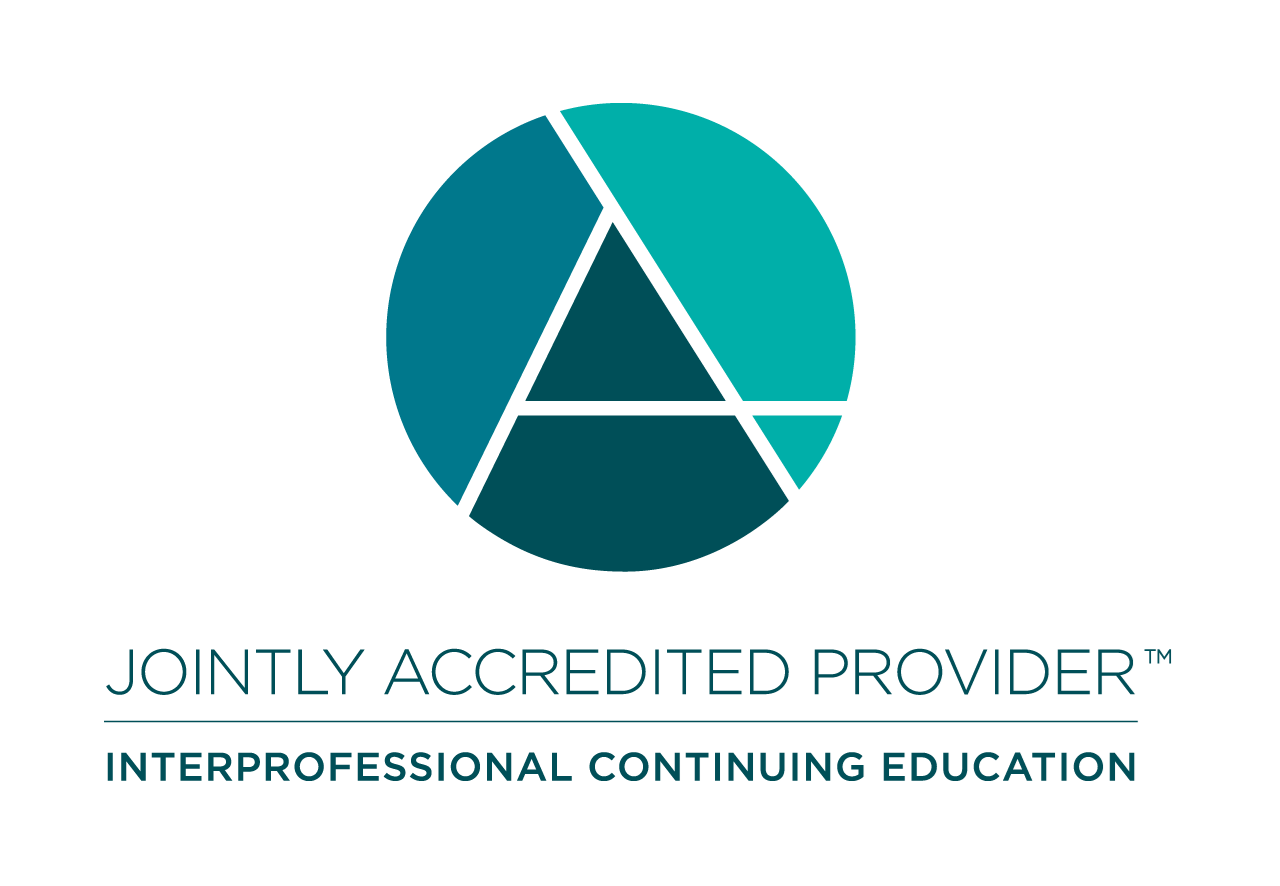Mental Health Crisis: Patient Care in the Right Place at the Right Time
According to national figures, approximately 15% of all emergency department patients present with a mental health crisis. Understanding the difference between a mental health crisis and an emergency is essential to determine the best care option. The emergency department is usually the appropriate environment for psychiatric emergencies but not for a mental health crisis. To determine resource availability for these patients, an investigation of community resources is necessary, along with establishing clinical and community partnerships with hospitals. These steps lay the groundwork for a collaborative approach between hospitals and community partners. The presenters will provide insights and case studies from the perspectives of a clinician, healthcare administrator and consultant.
Learning Objectives:
- Understand the difference between a mental health crisis and a mental health emergency.
- Evaluate community resources and collaborative opportunities.
Presented By:
- Howard J. Gershon, LFACHE, Founding Principal, New Heights Group
- Leslie S. Zun, MD, Medical Director, Lake County Health Department
- Stephen M. Merz, FACHE, Principal, Merz Healthcare Consulting
This session was originally presented at the 2021 Congress on Healthcare Leadership.
Continuing Education Credit
ACHE Qualifying Education Credit
This recording is eligible for 1 ACHE Qualifying Education credit.
ACHE Education credits will be automatically updated in your My ACHE account upon completion of the recording.
Interprofessional Continuing Education Credit
In support of improving patient care, the American College of Healthcare Executives is jointly accredited by the Accreditation Council for Continuing Medical Education (ACCME), the Accreditation Council for Pharmacy Education (ACPE), the American Nurses Credentialing Center (ANCC), and the American Academy of PAs (AAPA) to provide continuing education for the healthcare team.
This activity was planned by and for the healthcare team, and learners will receive a maximum of 1 Interprofessional Continuing Education (IPCE) credit for learning and change. For further information about Joint Accreditation credits and certificates, please click here.
Physician Continuing Medical Education
The American College of Healthcare Executives (ACHE) designates this live activity for a maximum of 1 AMA PRA Category 1 Credits™. Physicians should claim only the credit commensurate with the extent of their participation in the activity.
Continuing Nursing Education
The American College of Healthcare Executives designates this live activity for a maximum of 1 contact hours of continuing nursing education.
Continuing Pharmacy Education
The American College of Healthcare Executives designates this knowledge-based activity for a maximum 1 contact hours of continuing pharmacy education credit.
Continuing Social Work Education
The American College of Healthcare Executives designates this knowledge-based activity for a maximum 1 contact hours of continuing social work education credit.
Physician Associate/Physician Assistant Continuing Education
The American College of Healthcare Executives has been authorized by the American Academy of PAs (AAPA) to award AAPA Category 1 CME credit for activities planned in accordance with AAPA CME Criteria. This activity is designated for a maximum of 1 AAPA Category 1 CME credits. PAs should only claim credit commensurate with the extent of their participation.




